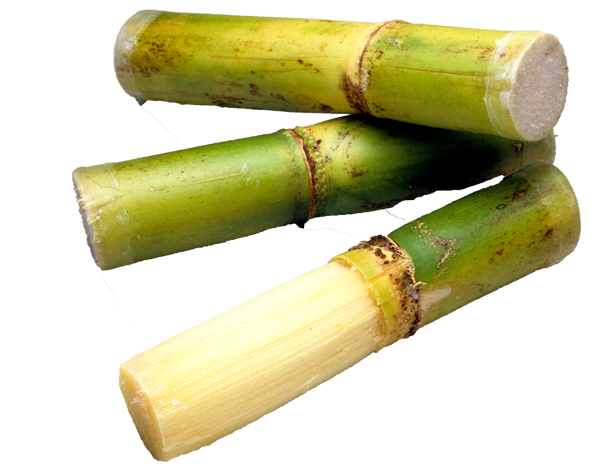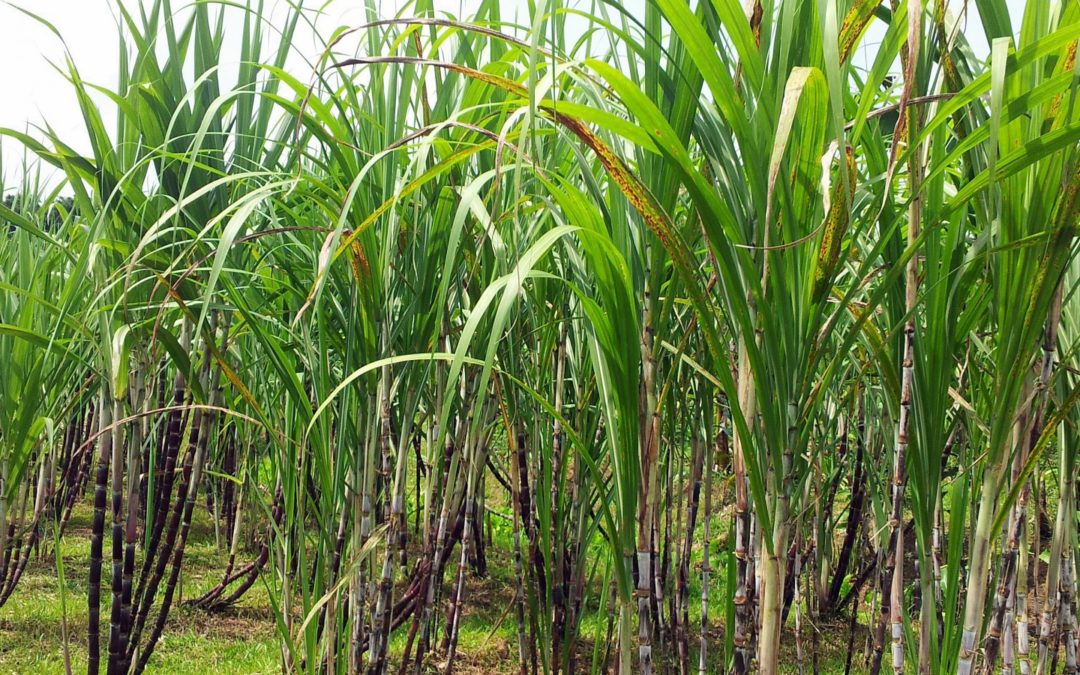Why Cane Sugar Handling Chemicals Are Critical for Modern Sugar Refining
The duty of cane sugar processing chemicals in modern-day sugar refining can not be overemphasized, as they are important to enhancing both the performance of removal and the overall quality of the end product. Agents such as phosphoric acid and particular flocculants are employed to get rid of contaminations, leading to sugar that not just satisfies consumer expectations however likewise follows market criteria. The ramifications of these chemicals prolong past quality, touching upon market dynamics and ecological factors to consider. sugar and cane. This increases crucial questions regarding the sustainability of such practices and their impact on the future of sugar production.
Function of Processing Chemicals
The efficiency of walking cane sugar processing hinges significantly on the calculated application of processing chemicals. These chemicals play a crucial function in enhancing the effectiveness and high quality of sugar extraction and refining. From the preliminary phases of juice extraction to the last purification steps, processing chemicals assist in numerous crucial procedures.
In the extraction stage, chemicals such as phosphoric acid and calcium hydroxide are employed to maximize the clarification process, assisting to remove contaminations and suspended solids from the cane juice. This not only improves the yield however additionally makes sure the clarity of the end product. Additionally, representatives like flocculants help in the quick settling of pollutants, consequently simplifying the total procedure.
Activated carbon and ion exchange materials serve to remove color and odor, making certain that the refined sugar satisfies consumer quality requirements. Hence, the meticulous selection and application of these chemicals are vital for attaining ideal results in cane sugar processing.
Key Kinds Of Chemicals
Cane sugar processing depends on a variety of essential chemicals that assist in each phase of manufacturing. These chemicals play essential functions in making clear, lightening, and detoxifying the sugar removed from cane.
One key classification of chemicals includes flocculants, such as polyacrylamide, which help in the information procedure by advertising the aggregation and settling of contaminations. In addition, calcium hydroxide is typically employed to neutralize level of acidity and aid in the removal of non-sugar components.
Bleaching representatives, such as activated carbon and sulfur dioxide, are made use of to decolorize the syrup, causing a clearer end product. These chemicals assist get rid of color compounds that may impact the sugar's appearance and marketability.
In addition, phosphoric acid offers as a pH regulatory authority throughout the handling stages, ensuring optimum conditions for the enzymatic tasks associated with sugar extraction and filtration.
Various other vital agents consist of edta (ethylenediaminetetraacetic acid), which chelates steel ions that could militarize unfavorable reactions, and salt hydroxide, which assists in pH control throughout the refining process. Collectively, these chemicals boost performance and ensure a premium cane sugar product.
Benefits for Sugar Top Quality
Typically overlooked, using details handling chemicals considerably boosts the general top quality of walking stick sugar. These chemicals play a critical role in refining processes, making sure that the end product satisfies rigorous industry standards for purity and preference.

Furthermore, refining chemicals aid in achieving a constant granulation and texture, which are critical for consumer approval. By regulating the crystallization process, these chemicals ensure that the sugar crystals create uniformly, causing a much more enticing item that liquifies well in different applications.
In addition, using these chemicals can boost the service life of walking cane sugar by decreasing dampness absorption and microbial growth. Generally, the tactical application of processing chemicals is crucial for delivering premium walking cane sugar that satisfies consumer expectations and sector needs.
Environmental Influence Factors To Consider
Furthermore, the energy-intensive nature of sugar refining, intensified by chemical usage, frequently results in boosted carbon exhausts. This adds to climate modification and raises concerns regarding the sustainability of current refining techniques. Furthermore, the sourcing of these chemicals may include techniques that threaten biodiversity, such as monoculture farming, which minimizes the resilience of agricultural ecological communities.

To mitigate these effects, sugar refiners are increasingly discovering sustainable alternatives and embracing ideal techniques that minimize chemical use. Implementing rigorous environmental monitoring systems can aid ensure that the refining procedure lines up with ecological criteria and promotes biodiversity. Ultimately, a balanced technique that prioritizes both sugar top quality and ecological stewardship is vital for the long-lasting practicality of the sugar market.
Future Patterns in Refining
As the sugar industry comes to grips with the environmental difficulties related to traditional refining approaches, cutting-edge strategies are emerging to enhance both performance and sustainability. One substantial pattern is the fostering of environment-friendly chemistry principles, which prioritize the usage of non-toxic, eco-friendly processing chemicals. This change not only lessens ecological impact but likewise addresses consumer need for cleaner production techniques.
One more appealing growth is the application of advanced filtration innovations, such as membrane separation and adsorption processes. These methods boost the clearness and quality of the sugar while decreasing the quantity of wastewater generated during refining. Furthermore, the integration of digital modern technologies, including IoT and AI, is transforming functional efficiency by allowing real-time tracking and predictive maintenance, hence blog here minimizing resource waste.
Moreover, making use of byproducts from sugar refining, such as bagasse and molasses, is obtaining grip. These materials can be converted into biofuels or value-added products, contributing to a round economic climate within the market. Jointly, these trends indicate a change towards more sustainable methods that not only Full Report enhance operational performance however likewise line up with international sustainability goals, making sure the future viability of sugar refining.
Final Thought
Walking cane sugar processing chemicals are important in modern sugar refining, dramatically boosting the effectiveness and quality of sugar removal. The strategic usage of these chemicals not just enhances the pureness and taste of the end product yet additionally ensures constant condensation and appearance. As the industry progressively focuses on sustainability, the fostering of environmentally-friendly handling agents is likely to shape future fads in refining, ultimately bring about better items and expanded shelf life for consumers.

Eventually, a well balanced method that prioritizes both sugar top quality and environmental stewardship is important for the lasting feasibility of the sugar market.
Cane sugar handling chemicals are crucial in contemporary sugar refining, substantially enhancing the performance and top quality of sugar extraction.